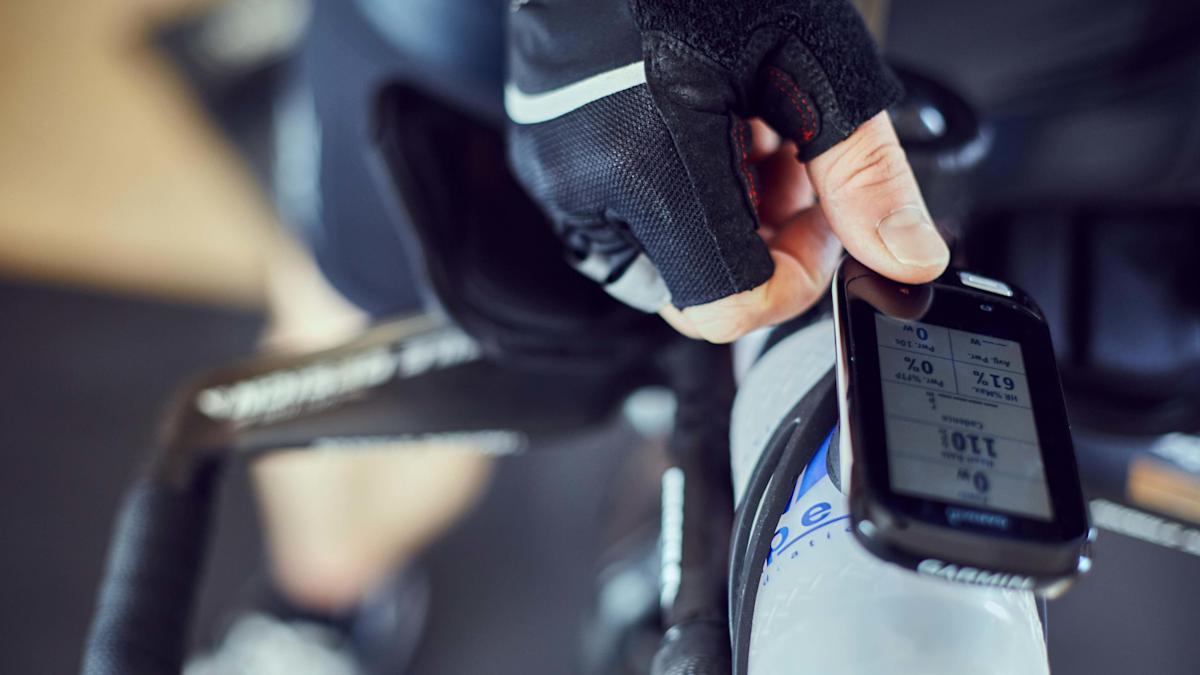Older male endurance athletes may be at higher risk of heart scarring and related complications, according to a new study.
Sudden cardiac death is a “leading cause of mortality” in athletes, experts said as they set out to investigate whether endurance athletes had heart scarring and linked heart rhythm problems.
Academics studied 106 former competitive cyclists and triathletes who exercise for more than 10 hours a week for at least 15 years.
Experts from the University of Leeds scanned their hearts and had an implantable loop recorder fitted to assess their heart rhythms.
They found that 50 of the 106 athletes (47%) had scarring on their hearts, particularly in the left ventricle – the main pumping chamber of the heart.
This compares to 11% of 27 non endurance athletes studied for comparison.
During a two-year follow up period they found that 22% of the athletes had an abnormal heart rhythm, according to the study which was funded by the the British Heart Foundation and published in the journal Circulation: Cardiovascular Imaging.
They concluded that the athletes who had heart scarring were over 4.5 times more likely to experience an abnormal heart rhythm episode – which is linked with an increased risk of sudden cardiac arrest – compared to those without scarring.
It is thought that among endurance athletes scarring could be caused by levels of exercise when the heart has to work even harder to pump blood.
Dr Sonya Babu-Narayan, clinical director at the British Heart Foundation and consultant cardiologist, said: “There’s no doubt that exercise is good for our hearts – it helps to reduce blood pressure and cholesterol, manage our weight, and it boosts our mental health.
“But in some veteran male athletes, this early research suggests that intense exercise over many years may have affected their heart health.
“More research in veteran endurance athletes – both in men and women – will be needed to identify the small number of people who have the kind of heart scarring, together with other risk factors, that mean their life could be saved by having an implantable defibrillator.”
One of the athletes who took part in the trial was Brian Cookson, keen cyclist and former president of British Cycling and Union Cycliste Internationale – cycling’s world governing body.
The 74-year-old grandfather from Whalley, Lancashire, said the trial could have saved his life.
While training at the Manchester Velodrome he started feeling unwell and his sports watch recorded his heart rate had reached 238 beats per minute (bpm), and stayed that way for around 15 minutes.
